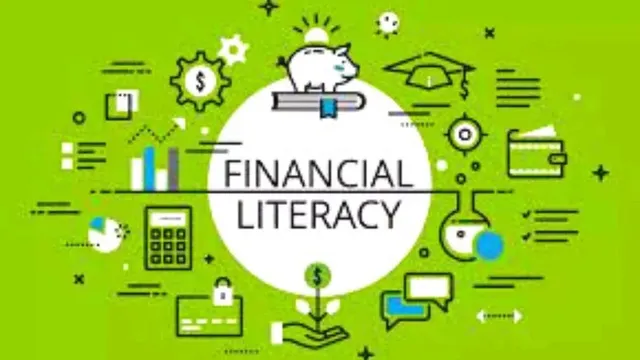- By JE News Desk
- Sat, 14 Jun 2025 03:15 PM (IST)
- Source:JND
Financial Literacy: In today's rapidly evolving financial landscape, where money moves faster than ever and markets are characterised by innovation, education has emerged as the safest long-term investment. The Daily Jagran spoke exclusively to Dario Schiraldi, an entrepreneur at Vida Holding and a former senior executive at Deutsche Bank, on how financial literacy is redefining the next generation of investors, and why he's placing big bets on education in the emerging markets of the UAE, India and China. Here are the excerpts from the interview.
Q: Why do you think that education is the strongest investment anybody can make?
A: Whether managing a billion-dollar portfolio or your savings, being able to make smart financial choices comes from one source, which is education. At Vida Holding, we've repeatedly experienced that well-educated investors are more robust, more disciplined, and better suited to handle volatility. Education also compounds more quickly than capital in the long term.
Q: You’ve had a long career in global banking with firms like Deutsche Bank. What inspired your shift toward building financial literacy programs through Vida Holding?
A: My years at Deutsche Bank helped me understand how market access is often limited not by capital, but by comprehension. In markets like the UAE, India, and China, there's a hunger for growth, but often a gap in structured financial education. With Vida Holding, we’re building bridges—so that future investors can not only participate, but lead.
Q: How does financial literacy directly impact portfolio management and long-term wealth creation?
A: Having a solid understanding of financial literacy makes everything better, from how investors diversify between asset classes to how they approach risk. We experience it particularly with young investors; when they understand the concepts of asset allocation, the cycle of liquidity, and compounding over the long term, their portfolios become strategic, rather than reactive.
Q: What particular investment trends are currently unfolding in the UAE and China that make education in these markets even more important?
A: In the UAE, retail investors are increasingly looking for tech startups, green infrastructure, and digital assets. In China, the transition to green finance and cutting-edge tech is revolutionising equity. But if not guided correctly, access can be a weakness. Our programs emphasise market dynamics, funding cycles, and startup due diligence, so investors remain ahead.
Q: How do you balance traditional investment methods with new market opportunities?
A: We educate in a hybrid method. Old-school valuation models are still relevant, but you need to know narrative-driven markets and venture economics as well. At Vida Holding, we assist investors in constructing portfolios that mix blue-chip solidity with high-growth prospects, particularly in the clean tech, fintech, and education platforms business in Asia and the Middle East.
Q: Is institutional investment changing its strategy in response to increasing financial literacy and retail investor power?
A: Absolutely. Institutions are taking cues from the agility of retail investors, especially in sectors like AI, climate tech, and blockchain. As knowledge spreads, capital follows. Financial literacy is not only democratizing wealth—it’s reshaping how and where funds are deployed. That’s a trend we’re actively leveraging in our advisory work.
Q: What role does technology play in empowering financially literate investors globally?
A: Technology is the ultimate facilitator. From AI-driven robo-advisors to portfolio apps providing tailored advice, we're on the cusp of an age where data-driven insights are accessible to everyone. At Vida Holding, we're betting on platforms that render financial acumen scalable, accessible, and culturally appropriate. That's particularly influential in underserved markets such as India's hinterlands and rural China.
Q: And lastly, what do you think young investors beginning their investment journey should know?
A: Invest in knowledge first, then your money. Read, get questions answered, and experiment with ideas. A solid portfolio is not only what you acquire, but it's what you believe. And as your knowledge increases, so will your capital. That's the most fundamental conviction we drive at Vida Holding.

